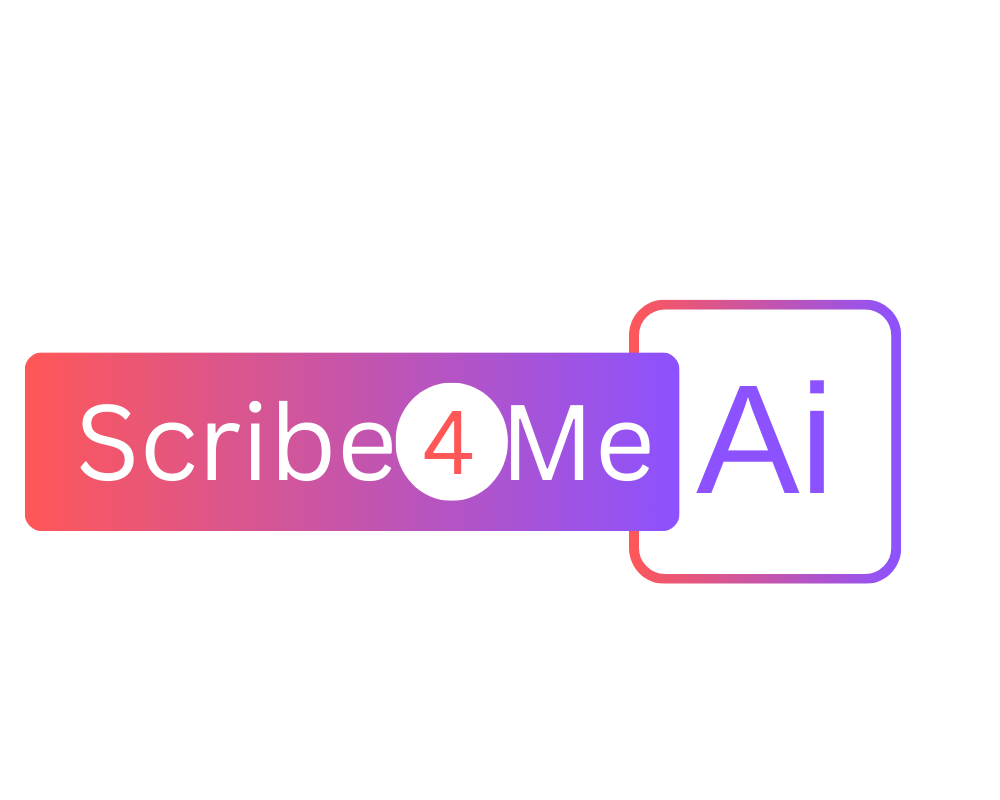

AI Scribes In Oncology – Reducing Physician Burden And Elevating Cancer Care
Complete and accurate clinical documentation is crucial to providing exceptional cancer care and ensuring the best possible outcomes. Proper documentation enables oncologists to evaluate and plan a personalized treatment regimen while maintaining a continuum of care. However, the heavy documentation burden faced by oncologists is a major source of stress, inefficiency and reduced physician-patient interaction. This, in turn, contributes to burnout, higher turnover rates, and increased physician dissatisfaction. AI-powered scribes can alleviate this burden by automating documentation tasks, enabling oncologists to focus more on patient care, improving treatment outcomes, and enhancing the overall patient experience. In this blog post we’ll explore how AI scribes in oncology can reduce physician burden and improve the quality of cancer care.
Pilot Study On AI Scribes In Oncology
A pilot study was conducted in Texas Oncology involving 49 physicians from various specialties including medical oncology, radiation oncology, urology, and breast surgery. The study ran from November 2023 to April 2024, with participants using an AI scribe to assist in documenting patient visits. The primary goals were to assess the adoption of the AI scribing tool, its impact on physician satisfaction, and its effect on documentation quality. To measure the outcomes, physicians completed surveys before and after using the AI scribe, and data from over 27,000 patient encounters were compared to over 4,500 AI scribe-assisted encounters. Additionally, the study compared the HCC codes captured by AI scribes to those manually recorded in the pre-pilot phase to assess the accuracy and quality of AI scribe-driven coding.
Boosting Efficiency And Physician Satisfaction
The results of the pilot study were promising, especially in terms of adoption, satisfaction, and time savings for physicians. A notable 77% of physicians in the pilot study used the AI scribing tool, indicating a high level of acceptance. Physicians were generally satisfied with the AI scribe, with an average satisfaction score of 81. Perhaps the most significant outcome was the amount of time saved. On average, physicians reported saving 1.5 hours per week in documentation time. This extra time can be redirected towards patient care or other professional activities, reducing the time spent on non-clinical tasks. Moreover, the time required to generate notes was under 3 minutes, freeing up more time for patient interactions and boosting efficiency.
Enhanced Accuracy In Documentation And Billing
AI scribe assistance in documenting patient encounters resulted in a significant increase in the average number of diagnosis codes per patient, from 3.0 to 4.1. This shows that the AI scribing tool improved the comprehensiveness of documentation and ensured that more accurate billing codes were captured. While cancer-related codes were better captured through manual documentation, the AI scribing tool proved particularly effective in capturing non-cancer-related codes, especially those related to endocrine and cardiovascular conditions. This improvement in non-cancer coding not only enhances billing accuracy and optimizes reimbursements but also supports better patient care through more precise and complete documentation.
Reduced Burnout And Improved Work-life Balance
Reducing the time spent on EHR documentation is crucial for alleviating physician burnout. The results of this pilot study show that AI scribes in oncology can make a real difference. By automating much of the documentation process, the AI scribing tool allows oncologists to focus more on patient care - discussing treatment options and addressing the emotional needs of patients, and less on administrative tasks. This shift in focus can reduce stress, improve overall work-life balance and enhance job satisfaction. The reduction in time spent on charting not only saves valuable time but also eases the mental load associated with documenting patient visits. This enables oncologists to have more meaningful interactions with patients, fostering better relationships and ultimately improving cancer care outcomes.
Concluding Thoughts
Cancer care demands precision, empathy, and unwavering attention to patients’ complex needs. Increasing amounts of time spent on documentation can decrease patient interaction and contribute to high-levels of burnout. As demonstrated by the pilot study, the use of AI scribes in oncology offers a practical way to ease the burden of heavy documentation. By automating routine tasks, AI scribes allow oncologists to focus more on what truly matters—providing personalized, compassionate cancer care that improves outcomes and supports patients through every stage of their journey.
Looking to hire an AI scribe for your oncology practice? Look no further than Scribe4Me.Ai. Our Oncology AI scribe is built and trained in oncology specific- terminology, workflows and nuances of cancer care, to ensure accurate and detailed notes. Sounds impressive? Sign up today for a free trial and see the benefits for yourself!


